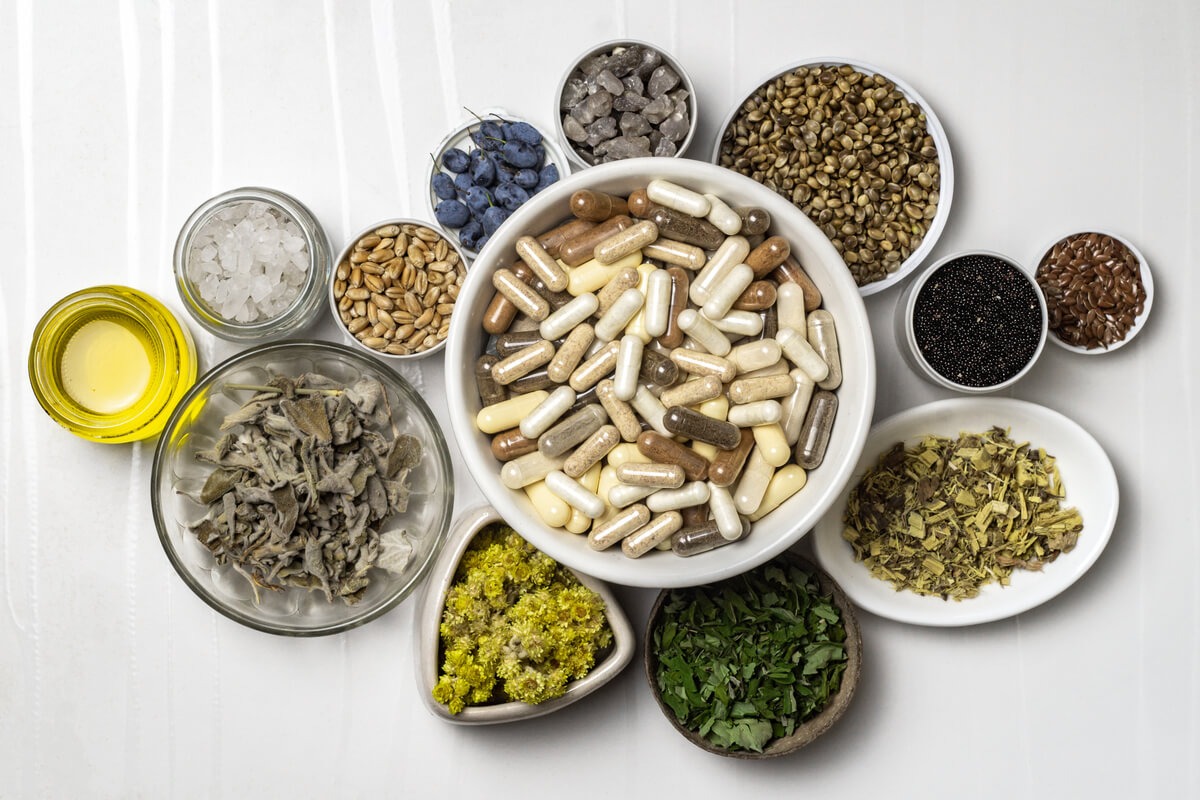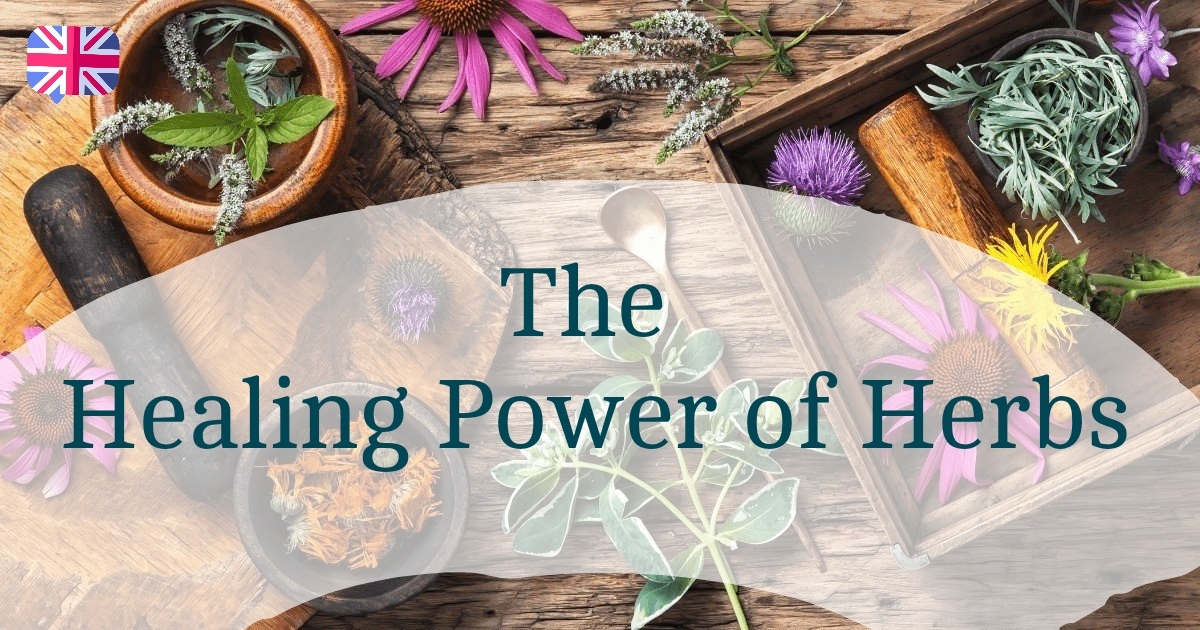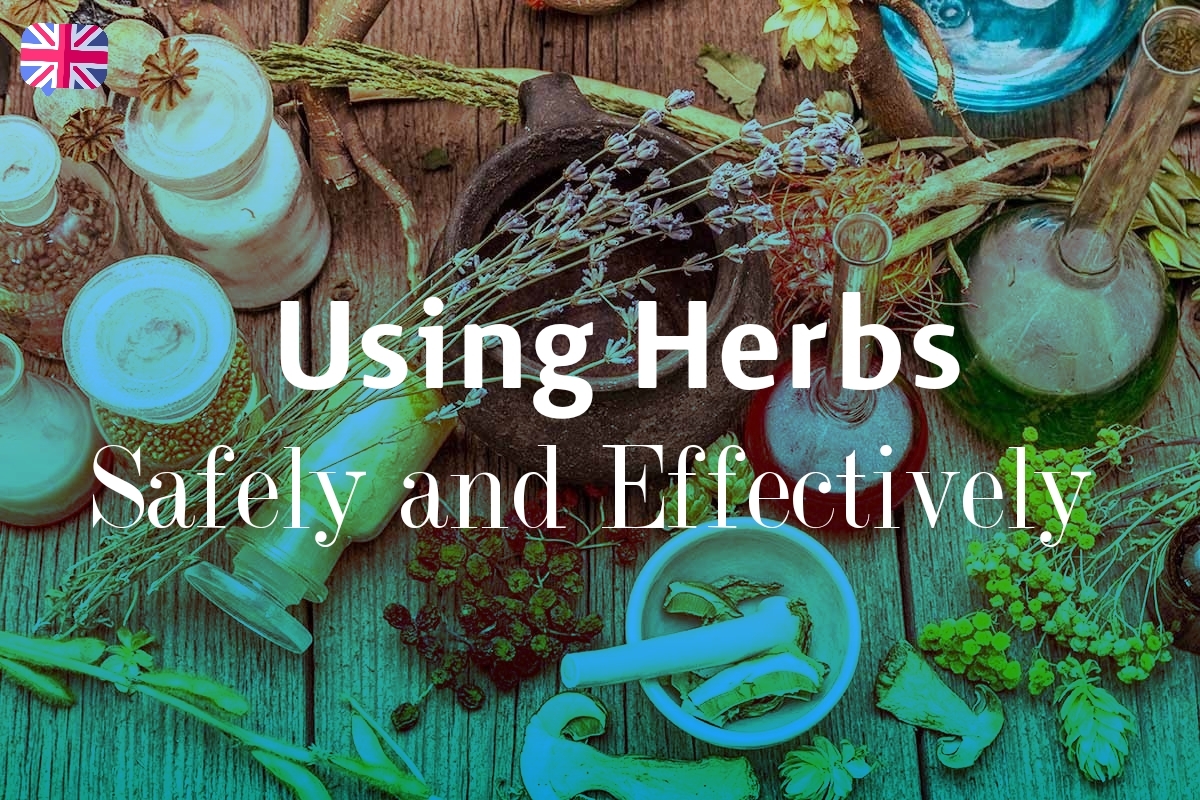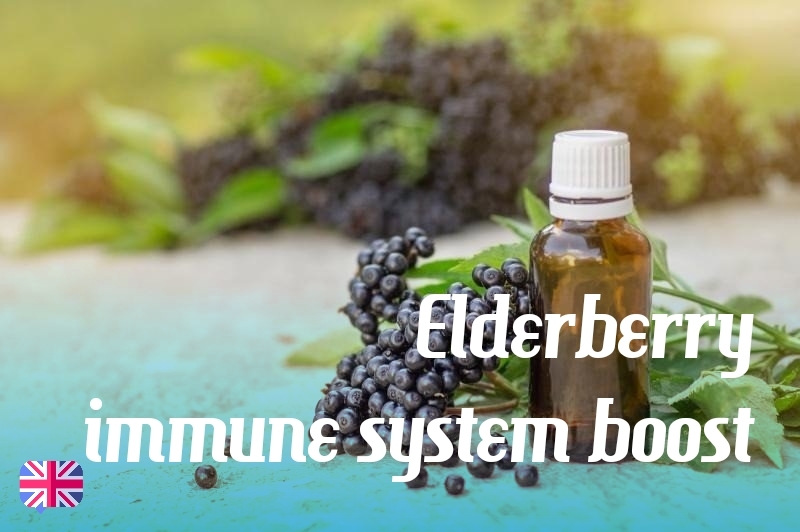HERB - Introduction to the Versatility and Benefits of Herbs
Exploring the Benefits of Natural Remedies for Pain Relief, Inflammation, Stress Reduction, Immune Support, and More
Herbs have been used for centuries to support human health and well-being. With the rise of alternative medicine, the use of herbal remedies has gained popularity as a natural and safe alternative to conventional medicine. This article will explore the benefits and effects of various herbs on human health, including their ability to reduce pain and inflammation, soothe tension and stress, support the immune system, and provide antioxidant properties.
Turmeric
Turmeric is a popular herb commonly used in Indian and Middle Eastern cuisine. It contains curcumin, which has powerful anti-inflammatory and antioxidant properties. Turmeric has been shown to reduce pain and inflammation in conditions such as osteoarthritis and rheumatoid arthritis. It may also improve brain function and reduce the risk of heart disease.
Ginger
Ginger is a root herb used in many cultures for its medicinal properties. It has anti-inflammatory effects and has been shown to relieve pain in conditions such as osteoarthritis and menstrual cramps. Ginger may also reduce nausea and vomiting associated with chemotherapy and morning sickness.
Chamomile
Chamomile is a herb commonly used as a tea to promote relaxation and relieve stress. It has anti-inflammatory and antioxidant properties and may improve sleep quality. Chamomile may also soothe digestive issues such as indigestion and irritable bowel syndrome.
Echinacea

Echinacea is a herb commonly used to support the immune system. It contains compounds that have been shown to stimulate the production of white blood cells, which are important for fighting off infections. Echinacea may also reduce the duration and severity of cold and flu symptoms.
St. John’s Wort
St. John’s Wort is a herb commonly used to treat depression and anxiety. It contains compounds that increase the levels of serotonin and dopamine in the brain, which are important neurotransmitters for regulating mood. St. John’s Wort may also have anti-inflammatory and antioxidant properties.
Milk Thistle
Milk Thistle is a herb commonly used to support liver function. It contains compounds that protect liver cells from damage and stimulate the production of new liver cells. Milk Thistle may also have antioxidant properties and reduce inflammation in the body.
Ginkgo Biloba
Ginkgo Biloba is a herb commonly used to improve cognitive function and memory. It contains compounds that increase blood flow to the brain, which may improve brain function. Ginkgo Biloba may also have anti-inflammatory and antioxidant properties.
Valerian Root
Valerian Root is a herb commonly used to promote relaxation and improve sleep quality. It contains compounds that have a sedative effect on the body, making it an effective alternative treatment for anxiety, stress, and insomnia.
Garlic
Garlic is a herb commonly used in cooking for its flavor and health benefits. It has anti-inflammatory and antioxidant properties and may reduce the risk of heart disease by lowering cholesterol levels and blood pressure.
Peppermint
Peppermint is a herb commonly used to soothe digestive issues such as indigestion and irritable bowel syndrome. It has anti-inflammatory and antioxidant properties and may also improve brain function and reduce headaches.
Conclusion

Herbs have been used for centuries to support human health and well-being. They contain compounds that have powerful anti-inflammatory, antioxidant, and immune-boosting properties. The use of herbal remedies as an alternative to conventional medicine is gaining popularity, and many people are turning to herbs to relieve pain, reduce stress and anxiety, support the immune system, and improve overall health. If you are considering using herbs as a natural remedy, be sure to talk to your healthcare provider to determine if they are right for you.











